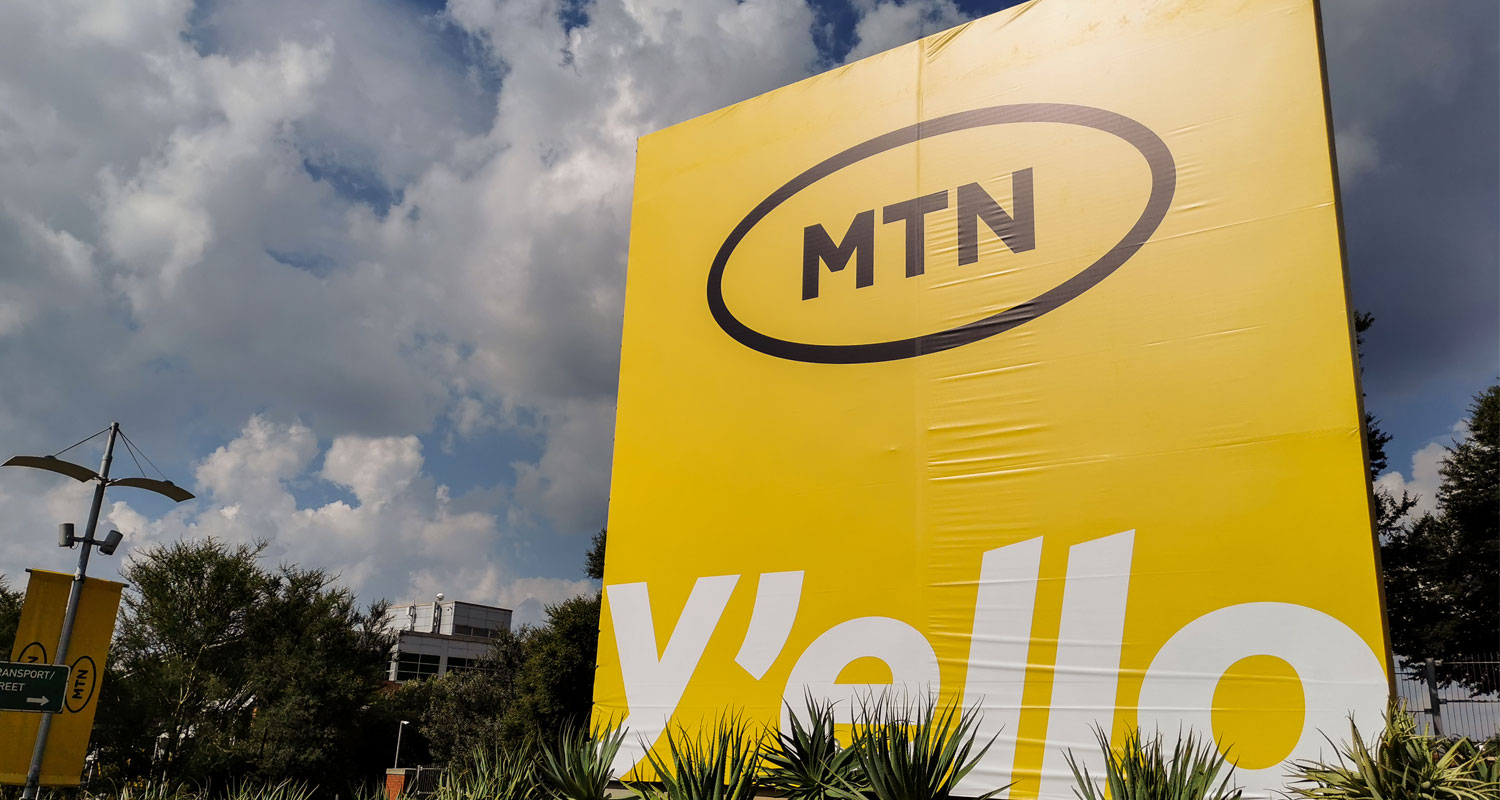 MTN South Africa’s network availability came under severe pressure in the first quarter of the year due to ongoing power outages across the country: there were 90 days of load shedding in Q1 compared to 14 days in the same period in 2022.
MTN South Africa’s network availability came under severe pressure in the first quarter of the year due to ongoing power outages across the country: there were 90 days of load shedding in Q1 compared to 14 days in the same period in 2022.
Against this challenging backdrop, MTN focused on proactive measures to sustain top-line growth and mitigate against inflationary pressures.
The company invested billions in networks and platforms in the quarter and deployed additional security solutions where there was high risk of theft or vandalism.
Average revenue per user – Arpu is a key financial performance yardstick used by telecommunications operators – declined by 4.9% in South Africa to R88.65. South Africa makes up 19.2% of the group’s service revenue, trailing Nigeria at 41.3%.
Load shedding, which slowed top-line growth and increased operational expenditure – was a key contributor to MTN South Africa’s softer Ebitda in Q1, representing a contraction of 3.7 percentage points in Ebitda margin. Ebitda, or earnings before interest, tax, depreciation and amortisation, is a measure of operational profitability and is a key metric used by investors in the telecoms sector.
MTN expects load shedding to affect its South African business even more negatively as power cuts become more unpredictable. They are already one of the key contributors to South Africa’s core earnings being 6.5% lower.“Power failures at infrastructure providers are causing interruptions to international links, impacting international calls, roaming services and Internet service provider services,” it said.
Inflation, rand
Despite this, MTN South Africa’s performance was relatively resilient despite a difficult trading environment, with rising inflation and a sharp decline in the rand. Inflation averaged 7% in the quarter (Q1 2022: 5.8%) – above the upper limit of the Reserve Bank’s target range of 3-6% – putting additional pressure on customer and business operations.
In an effort to contain this, the Reserve Bank hiked interest rates by an additional 0.5 percentage points in the period, following 3pp of hikes in 2022.The rest of the first half of the 2023 financial year, to end-June, will continue to present headwinds for its South African business, MTN said, with macroeconomic and load shedding impacting on service revenue and costs. However, a number of initiatives are in place to navigate the conditions, including innovative commercial offerings, cost optimisation and investment in the resilience of the network and business.
Read: MTN in advanced talks to sell West Africa assets
Part of its plan includes extra battery capacity to allow at least six hours of battery life and a mix of generators. “MTN South Africa is also piloting solar solutions at a limited number of sites. In addition, where there are higher risks of theft or vandalism, additional security solutions are being deployed, and active infrastructure changes, including replacement of copper cabling with aluminium, are being implemented,” the company said. – © 2023 NewsCentral Media




